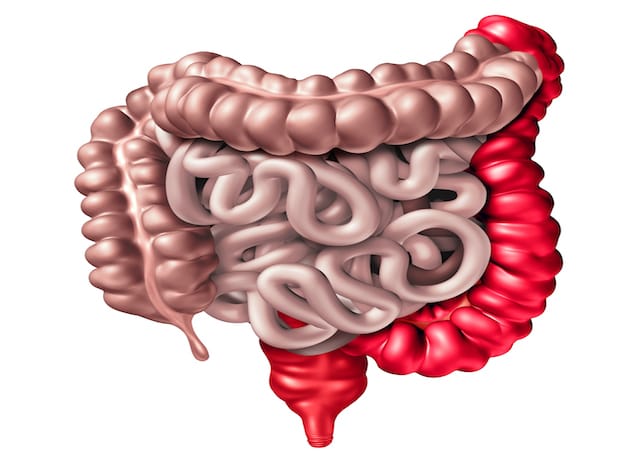Microbiome therapeutics company Seres Therapeutics has announced that a Phase IIb study of its potential ulcerative colitis (UC) candidate SER-287 failed to meet its primary endpoint.
The Phase IIb ECO-RESET study evaluated SER-287 in patients with mild-to-moderate UC which enrolled 203 participants in 104 sites across the US and Canada.
The primary objective of the induction portion of the study was to to evaluate the safety and efficacy of the candidate after ten weeks in achieving clinical remission for these patients.
However, Seres observed no meaningful clinical differences and no statistically significance in absolute clinical remission among the three treatment arms, including two SER-287 dosing cohorts and placebo.
The US biotech company also found no meaningful differences across the three treatment groups for endoscopic improvement, endoscopic remission or symptomatic remission.
SER-287 is a donor-derived product comprised of a consortia of bacteria found in the gastrointestinal tract of healthy individuals.
“While the efficacy results in this trial did not meet the pre-defined threshold, we believe this data-rich study, including microbiome analyses expected in the second half of 2021, will provide valuable insights to inform continued development of our pipeline, including SER-301, our next generation investigational candidate for UC,” said Lisa von Moltke, chief medical officer at Seres.
“Seres is continuing to advance another programme evaluating SER-301, which utilises the company’s next-generation technology and is based on ‘rationally designed, cultivated consortia of bacteria’,” she added.
The SER-301 programme is currently in a Phase Ib study which is currently enrolling in Australia and New Zealand.










